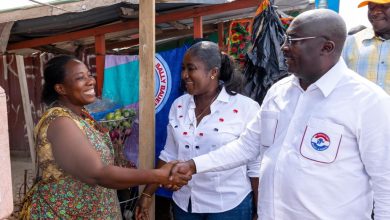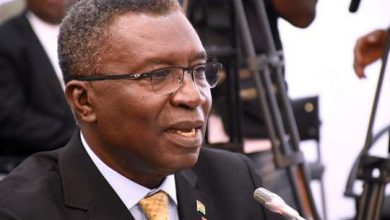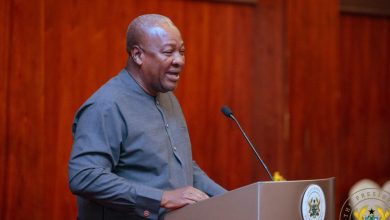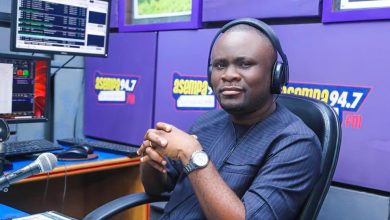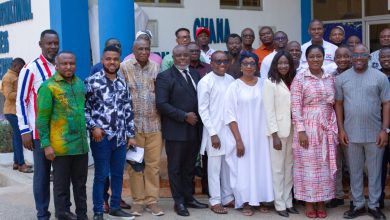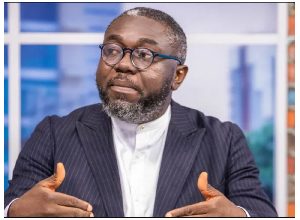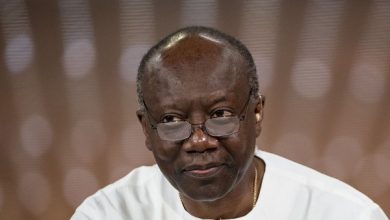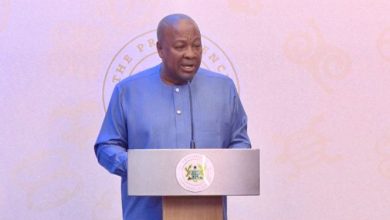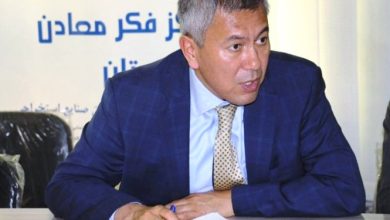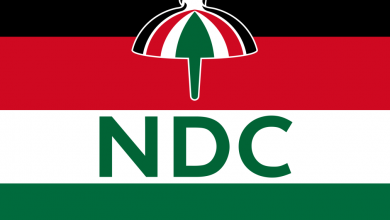Chairman Wontumi, Akonta Mining plead not guilty to galamsey charges
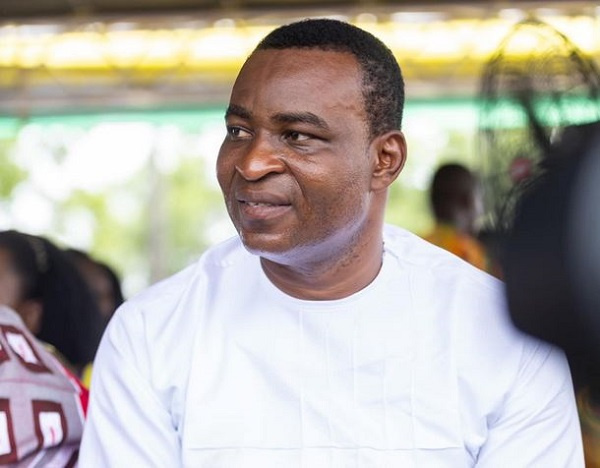
The New Patriotic Party (NPP) Ashanti Regional Chairman, Bernard Antwi Boasiako, popularly known as Chairman Wontumi, and Akonta Mining Company Limited have pleaded not guilty to charges related to illegal mining activities in the Western Region.
Appearing before Justice Audrey Kocuvi-Tay at the High Court in Accra on Tuesday October 7, Chairman Wontumi, the 1st accused person and owner of Akonta Mining, entered pleas on his own behalf as well as for the company, the 3rd accused on the charge sheet.
According to the charge sheet, Wontumi is facing two counts:
Count 1: Assignment of mineral rights without approval, contrary to Section 14(1) and Section 99(2)(b) of the Minerals and Mining Act, 2006 (Act 703) as amended by Section 3 of the Minerals and Mining (Amendment) Act, 2019 (Act 995).
Count 4: Purposely facilitating an unlicenced mining operation, contrary to Section 99(2)(b) of the Minerals and Mining Act, 2006 (Act 703) as amended by Section 3 of the Minerals and Mining (Amendment) Act, 2019 (Act 995).
Akonta Mining Company Limited, represented in court by Wontumi, also pleaded not guilty to:
Count 3: Assignment of mineral rights without approval, contrary to Section 14(1) and Section 99(2)(b) of the Minerals and Mining Act, 2006 (Act 703) as amended by Section 3 of the Minerals and Mining (Amendment) Act, 2019 (Act 995).
Count 6: Purposely facilitating an unlicenced mining operation, contrary to Section 99(2)(b) of the Minerals and Mining Act, 2006 (Act 703) as amended by Section 3 of the Minerals and Mining (Amendment) Act, 2019 (Act 995).
The charges stem from alleged activities in Samreboi in 2024, where the company and its director are accused of unlawfully allowing two individuals—Henry Okum and Michael Gyedu Ayisi—to undertake mining operations within Akonta’s concession without the prior written consent of the Minister of Lands and Natural Resources.

